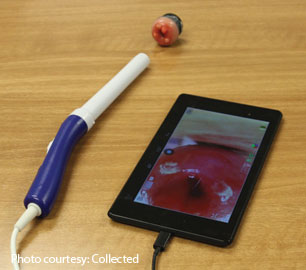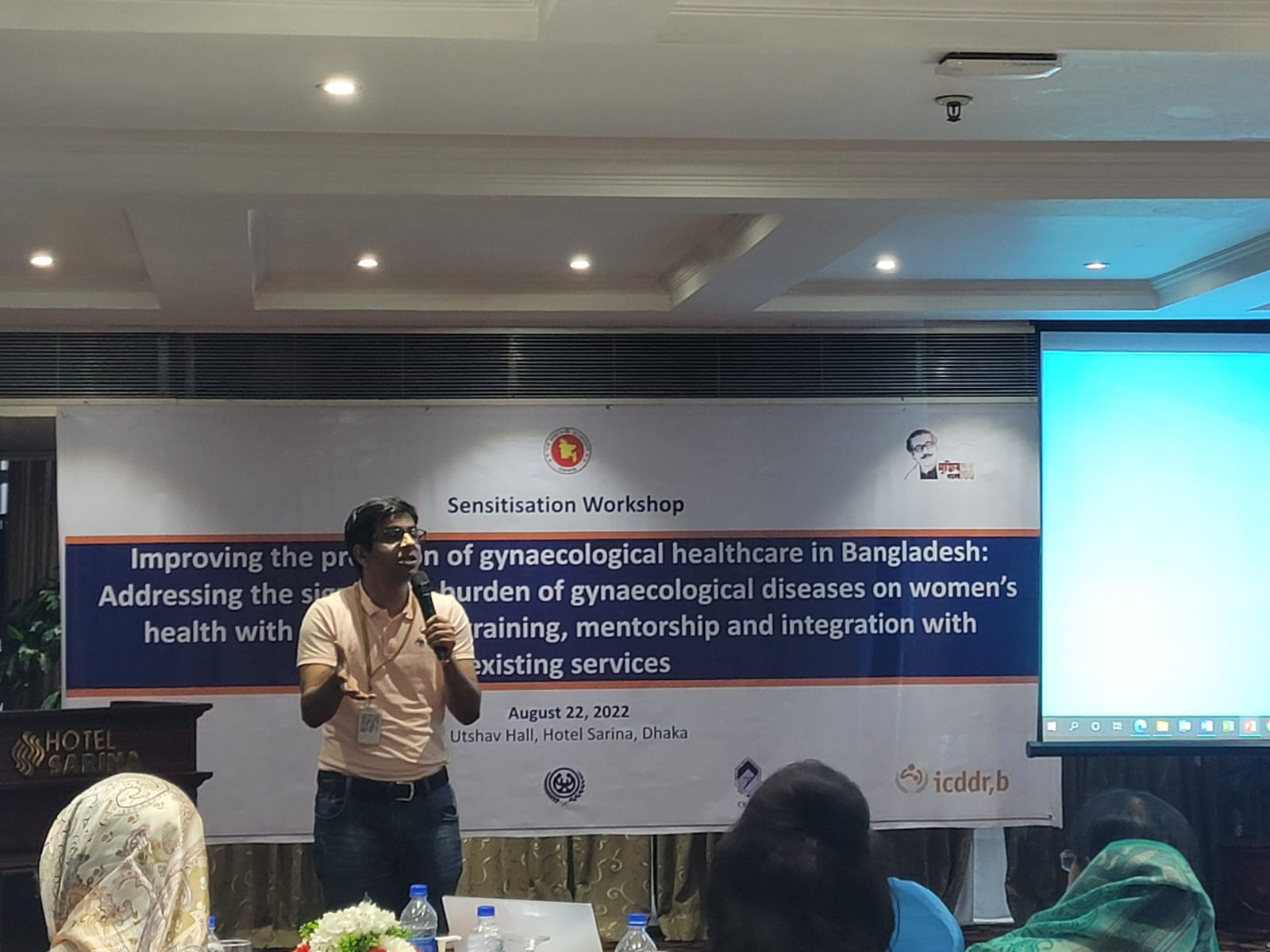In Bangladesh, key populations at risk of HIV, including gender and sexually diverse people, primarily receive HIV/STI prevention and treatment services from NGO-operated, community-based service delivery points known as Drop-in Centres (DICs). However, this model is dependent on an in-person, peer-based outreach approach, which is labor-intensive, expensive and not conducive to the ongoing COVID-19 pandemic. Moreover, this is not a sustainable approach considering the potential phasing out of donor funding. It is also challenging for the interventions to reach hidden groups from higher socio-economic classes due to their unwillingness of identity disclosure. These circumstances warrant an innovative, cost-effective and sustainable service delivery approach that can reach various groups of key populations.
Proposed solution: The current intervention modality can be modified by adopting an innovative, multifaceted ICT-based intervention. This platform could constitute a mobile app for disseminating essential HIV/STI information, HIV/STI self risk assessment, knowledge development quizzes, navigation to necessary services according to convenient times and personal requirements, virtual networking spaces and life skill development opportunities. Alongside the app, text and voice SMS will be sent to beneficiaries to convey awareness. This will develop an interactive communication platform, especially amid the pandemic situation, where psychosocial, psychosexual and HIV risk reduction counseling can be provided, where appropriate. Implementation/evaluation design: To assess the effectiveness of this ICT-based intervention, a quasi-experimental repeated cross-sectional survey research will be adopted, incorporating a mixed methods approach of both quantitative and qualitative inquiry.
The outcome variables include 1. Tested for HIV and know their result; 2. Comprehensive HIV/STI knowledge; and 3. Used condom during the last sex act with their male sex partner within the past six months. Intervention sites will include localities with an abundance of target populations including upper socio-economic groups, such as Gazipur city in Dhaka Division. The comparison site contains ongoing intervention programs and sexually diverse people, such as Uttara of Dhaka city. The mobile app will be able to operate both online and offline and the link will be sent to target populations in the intervention areas, which will aim to achieve the following objectives: 1) Self-risk assessment of HIV and STI; 2) Provide virtual communication spaces with community peers and service providers; 3) Promote and provide linkages for HIV testing; 4) Increase comprehensive knowledge of STI/HIV and encourage condom use.
Outcome variable data, along with other information, will be collected from ~400-600 gender and sexually diverse (i.e., males having sex with males, male sex workers and transgender women, known as hijra) people every six months in both the intervention and comparison sites for two years. Sample size will be re-calculated in each round of data collection based on data from the previous round. The outcome variables will be compared within and between sites during each round of data collection and also over time. The outcome variables between sites will be compared using Chi-square statistics and throughout the data collection period using Generalized Estimating Equations (GEE). The ultimate impact will be to contain the HIV prevalence in Bangladesh among this population within the epidemic level of 5%. "













